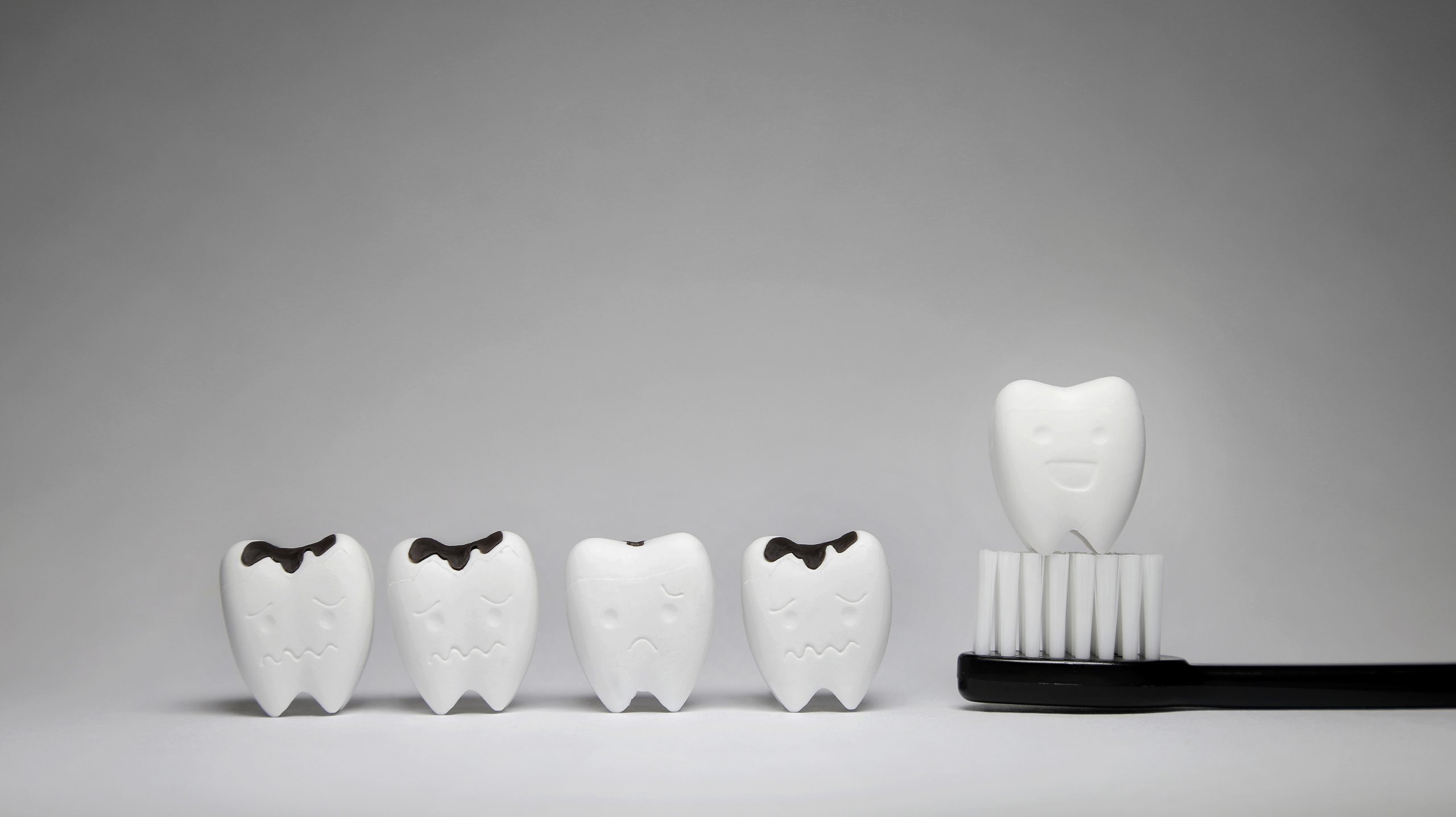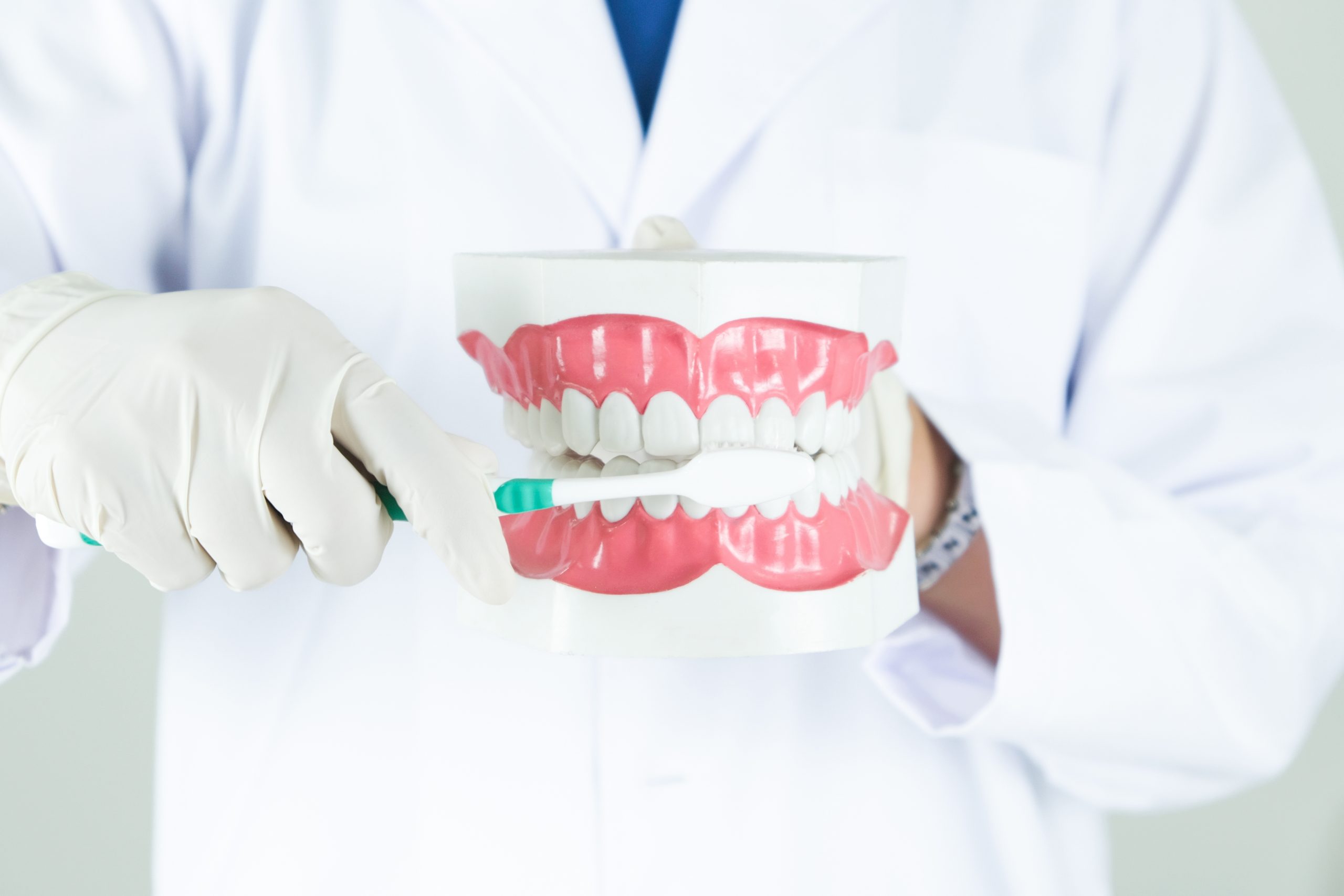When it comes to oral hygiene, most people focus on brushing their teeth and flossing. However, one often overlooked but highly beneficial practice for maintaining dental health is tongue scraping. Tongue scraping involves using a small tool to gently remove the buildup of bacteria, food particles, and dead cells from the surface of the tongue. By incorporating tongue scraping into your oral care routine, you can experience a range of benefits that contribute to improved dental health and fresher breath. In this article, we will explore the advantages of tongue scraping and why it is an important addition to your oral hygiene routine.
- Reduced Bacteria and Plaque:
The tongue’s surface is a breeding ground for bacteria that can contribute to dental issues, including tooth decay and gum disease. The rough texture of the tongue can trap bacteria and food particles, leading to the formation of plaque. Tongue scraping helps remove this buildup, reducing the number of harmful bacteria in the mouth and minimizing the risk of dental problems.
- Fresher Breath:
Bad breath, or halitosis, is often caused by the accumulation of bacteria on the tongue. These bacteria release volatile sulfur compounds that produce unpleasant odors. Tongue scraping effectively removes the bacteria responsible for bad breath, leaving your mouth feeling fresher and your breath more pleasant.
- Enhanced Taste Perception:
A coated tongue can affect your sense of taste and make food taste less enjoyable. By regularly scraping your tongue, you can remove the layer of debris that dulls your taste buds. This can enhance your ability to taste flavors and fully enjoy the eating experience.
- Improved Oral Hygiene:
Tongue scraping complements brushing and flossing by enhancing overall oral hygiene. Removing the bacteria and debris from the tongue prevents them from spreading to other parts of the mouth and accumulating on the teeth and gums. This helps maintain a cleaner oral environment and reduces the risk of dental issues such as cavities and gum disease.
- Healthier Gums:
The bacteria that accumulate on the tongue can migrate to the gum tissue and contribute to gum inflammation and infection. Regular tongue scraping helps minimize the transfer of harmful bacteria, supporting healthier gums and reducing the risk of gingivitis and periodontal disease.
- Enhanced Overall Health:
Good oral health is closely linked to overall health and well-being. Poor oral hygiene and the presence of harmful bacteria in the mouth have been associated with various systemic conditions, including cardiovascular disease, respiratory infections, and adverse pregnancy outcomes. By incorporating tongue scraping into your oral care routine, you can promote oral health and potentially reduce the risk of these health issues.
- Quick and Easy:
Tongue scraping is a simple and time-efficient practice that can be easily incorporated into your daily oral care routine. All you need is a tongue scraper, which is a small, flat tool with a slight curve. After brushing your teeth, gently glide the scraper from the back to the front of your tongue, removing any debris. Rinse the scraper after each use, and repeat the process daily for optimal results.
Incorporating tongue scraping into your oral hygiene routine is a small step that can yield significant benefits for your dental health. By reducing bacteria, freshening your breath, improving taste perception, and supporting overall oral hygiene, tongue scraping enhances your smile and contributes to a healthier mouth. Make tongue scraping a regular part of your dental care regimen to enjoy these positive effects and maintain optimal oral health.





